

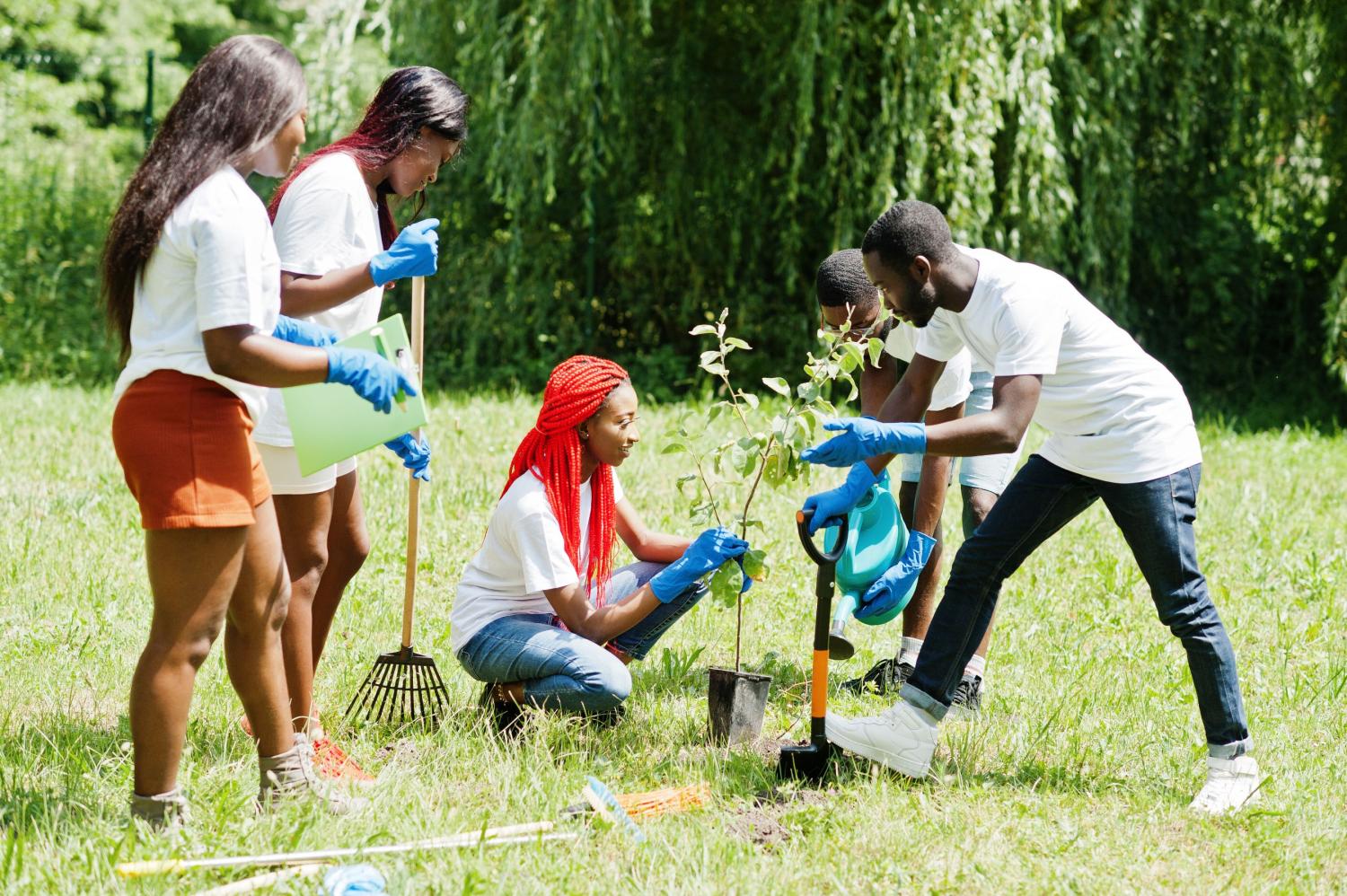
Climate change has evolved into a global crisis, affecting different regions, countries, and individuals in different ways based on age, gender, and geographic vulnerabilities. Extreme events such as droughts and floods are affecting children’s (especially girls’) ability to learn, to thrive, and to aspire to a brighter future. While climate change poses risks to education in several ways, education itself is a potential solution to reducing climate change and its impacts.
For years, the Center for Universal Education (CUE) at the Brookings Institution has been a thought leader on issues of climate education. CUE has leveraged its convening power to launch global frameworks and reports, as well as to analyze impacts of specific policies. CUE’s work in this area has historically had a particular focus on the intersections of education, gender, and climate change, considering populations often most impacted.
In 2024, CUE launched a partnership with Care Zimbabwe to work together to advance research on the state of education and climate change in five countries across the Eastern and Southern Africa (ESA) region. Leveraging a collective commitment to increase attention, research, and action in the new field of education and climate change, the organizations will engage in a collaborative research effort aimed at contributing toward climate resilient education systems using the ESA region as a pilot to inform regional and global discussions from the ground up.

Ellen Chigwanda
February 5, 2026

Thinley Choden
May 3, 2024
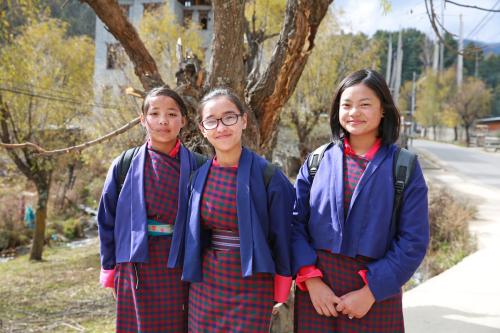
Thinley Choden
September 13, 2023

Christina Kwauk
November 5, 2021

Christina Kwauk, Rebecca Winthrop
March 26, 2021
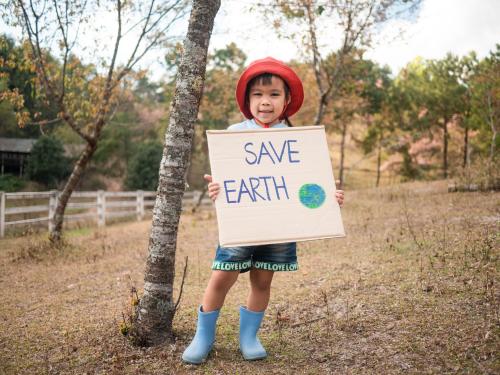
Christina Kwauk, Olivia Casey
January 6, 2021

Christina Kwauk
February 25, 2020
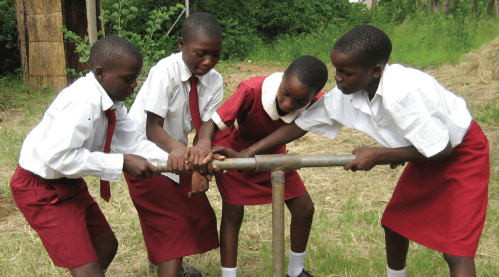
Ellen Chigwanda
December 2, 2016
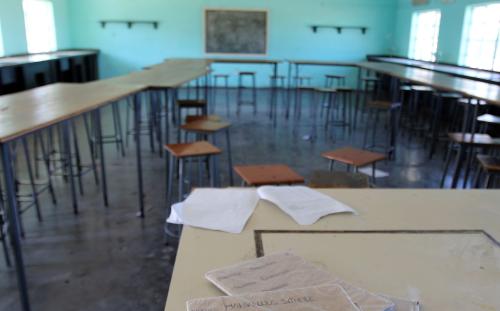
Ellen Chigwanda
September 20, 2016
2025
Online only
Wednesday, 9:00 am - 10:00 am EST
2023
The Brookings Institution, Washington DC
Thursday, 9:30 am - 11:00 am EDT
2021
Online only
Thursday, 10:00 am - 11:00 am EDT
2016
Brookings Institution, Washington DC
Tuesday, 2:00 pm - 3:30 pm EST